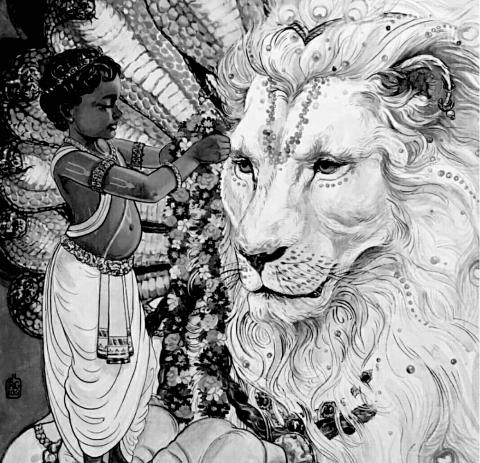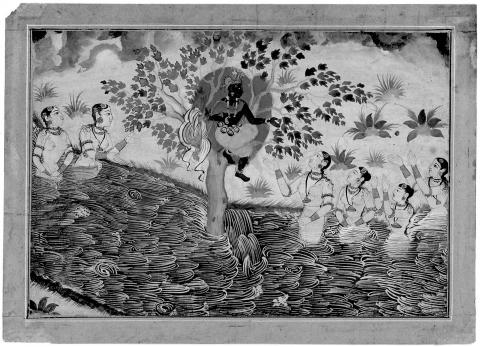July 2021
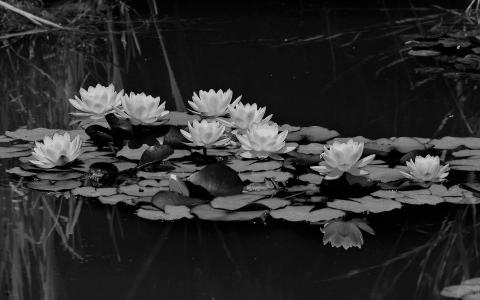
M Venkatakrishnaiya (1844–1933) was popularly known as the ‘Grand Old Man’ of Mysore. He was a veteran journalist, educationalist, and builder of institutions. The Mysore State owed a great chunk of its development to his zeal and perseverance. DVG wrote a tribute to him in 1932. Assessing the importance of Venkatakrishnaiya’s work, he outlined the nature of public work in India:
… Public work in our country then was, even if it now is not,...
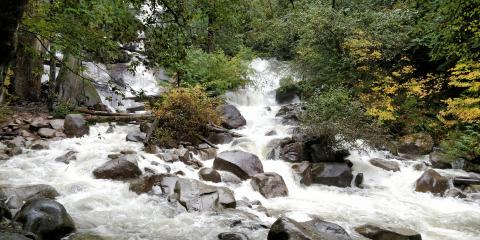
Upon listening to this story Gomukha said, “Women are lustful by nature and a pativratā is rare to find. It is true that women are never to be trusted!” and narrated the following tale –
Story of Niścayadatta and Anurāgaparā
There lived a merchant named Niścayadatta in Ujjayinī. Every day, he bathed in the Kṣiprā river, worship Mahākāla, perform dāna to brāhmaṇas and the needy, and anointed himself with sandalwood paste. He would dab the unguent...
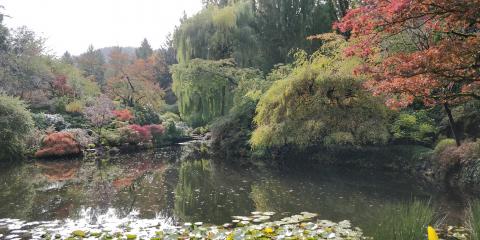
The Self Cannot be Destroyed
Arjuna, there are two substances in this world – the body and the embodied. The body is a thing that is known directly to everyone. It comprises not only physical organs but also inner organs such as the mind and intellect and also the remnants of karma and vāsanas (latent impressions) that have been accumulated over several lives. These are the characteristics of a jīva. All subtle ingredients other than the Self...
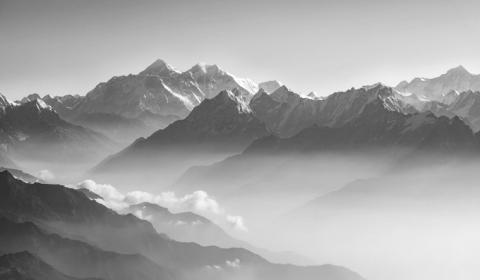
ಕ್ಷೇಮೇಂದ್ರನು ತನ್ನ “ರಾಮಾಯಣಮಂಜರಿ” ಮತ್ತು “ಭಾರತಮಂಜರಿ”ಗಳ ಕಡೆಯಲ್ಲಿ ತುಂಬ ಒಳನೋಟವುಳ್ಳ ಎರಡು ಶ್ಲೋಕಗಳನ್ನು ರಚಿಸಿದ್ದಾನೆ. ಅವು ವಾಲ್ಮೀಕಿ-ವ್ಯಾಸರ ಕೃತಿಗಳಲ್ಲಿರುವ ಪ್ರಧಾನರಸ ಶಾಂತವೆಂದು ಪ್ರತಿಪಾದಿಸುತ್ತವೆ. ಈ ನಿಲವಿಗೆ ಬರುವುದಕ್ಕೆ ಕಾರಣವಾದ ಉಪಪತ್ತಿಗಳನ್ನು ಕೂಡ ಕ್ಷೇಮೇಂದ್ರನು ಕೊಟ್ಟಿರುವುದು ಮಹತ್ತ್ವದ ಸಂಗತಿ. ಶಾಂತರಸದ ಅಸ್ತಿತ್ವ-ಅನಸ್ತಿತ್ವಗಳನ್ನು ಕುರಿತು ತೀವ್ರವಾದ ಚರ್ಚೆ ನಡೆಯುತ್ತಿದ್ದ ಕಾಲದಲ್ಲಿ ಆನಂದವರ್ಧನ ಮತ್ತು ಅಭಿನವಗುಪ್ತರು ಮಹಾಭಾರತವನ್ನು ಶಾಂತರಸಪ್ರಧಾನವೆಂದೂ ಸಕಲರಸಗಳ ಪೈಕಿ ಶಾಂತವೇ ಮೌಲಿಭೂತವೆಂದೂ ಪ್ರತಿಪಾದಿಸಿದ...
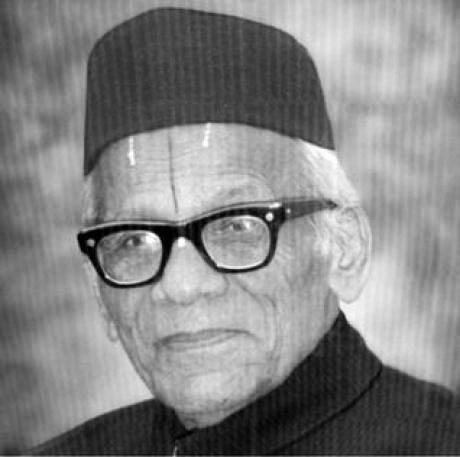
Masti Venkatesha Iyengar can be called the ‘Dewan’ of modern Kannada literature. Masti, who gained appreciation having served various governmental departments with great diligence and competence, could have been the Dewan of the State in a real sense. He had the capacity and was also slated to rise to that position. But for reasons unknown, that was not to be. Seeming to compensate for that lacuna, Masti ruled as the Dewan of the world of...
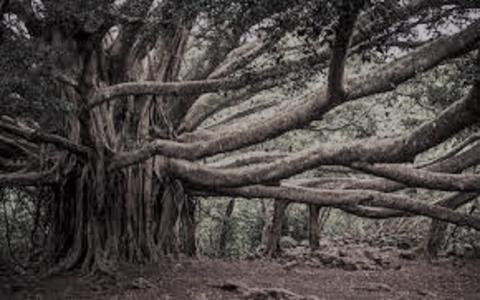
The next day Gomukha and other friends of Naravāhanadatta came to see him. The door keeper made them wait till she obtained the permission and then allowed them inside. Ratnaprabhā ordered the door keeper thus, ‘Henceforth don’t make them wait; they are close friends of my husband; we don’t insist on such strict protocols and protection for the inner chambers.’ She then addressed her beloved, ‘O son of noble one! Since this came up I want to...
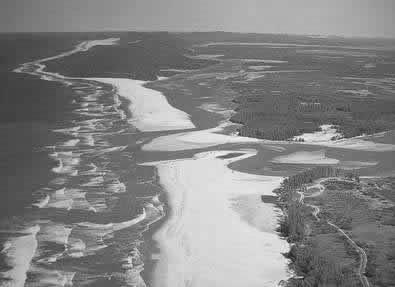
Vidurāśvattha Riots
The agitation for a Responsible Government led to yet another riot, this time at Vidurāśvattha. This incident too led to firings and killings.
Appaji Gowda was Kolar’s Deputy Commissioner then.
The government formed a committee to conduct an inquiry and find the rioters and perpetrators of the agitation. A judge from Madras, Vepa Ramesham Pantulu was appointed the President of the committee. D’Souza, a retired judge of...
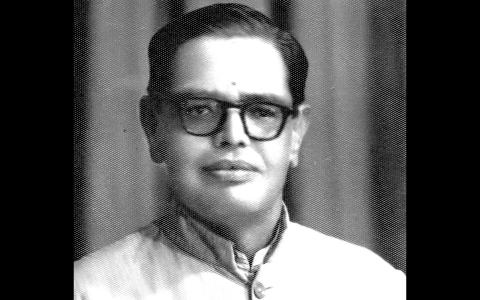
In a play, at minimum there would be a hundred to hundred and fifty songs and verses. Their tunes would be composed on the lines of ‘Kamalākṣi nāṃ dhanyanādè,’ or the cakli song, or ‘Nāri māyākarāḻè,’ or ‘Nāḻè baruva rītikeḻi.’[1] In between these, on and off, there would be a tukaḍa jāvaḍi[2] or a tune of ‘iṅgliṣ cāl’ [Western classical tune], and so forth.
Now let’s say that Indra has to enter the stage; there would be a prefatory verse, then...

